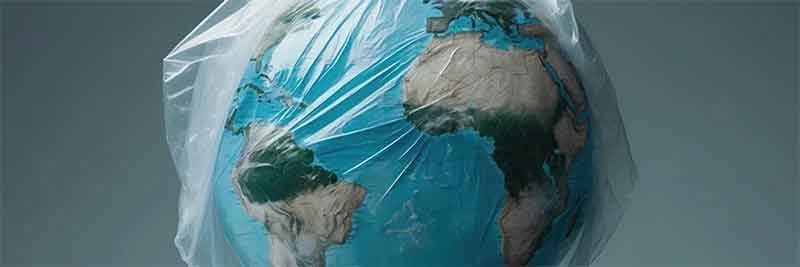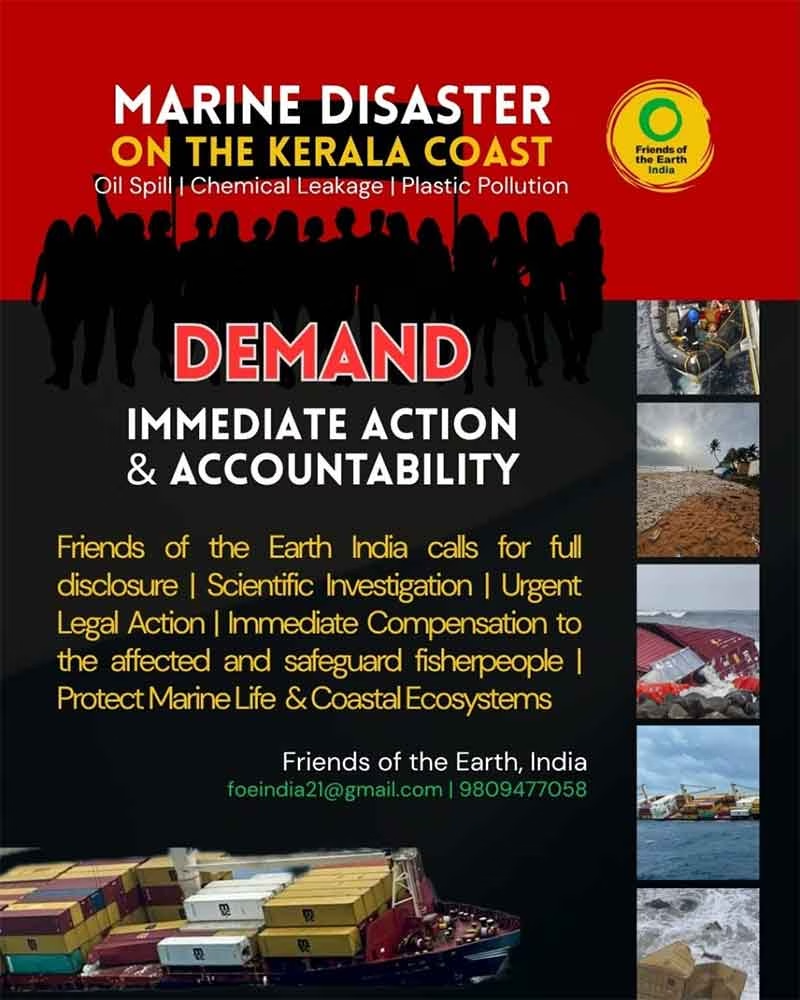
Every year on June 5th, the world comes together to celebrate World Environment Day, a day dedicated to raising awareness and acting against environmental degradation. As we progress further into the 21st century, rapid industrialization, urbanization, and technological advancements have significantly impacted our planet’s natural ecosystems. While scientific breakthroughs have improved human lives in countless ways, they have also contributed to large-scale environmental destruction. Climate change, pollution, deforestation, loss of biodiversity, and depletion of natural resources are pressing concerns that threaten the very foundation of life on Earth.
This day is not just a symbolic occasion but a reminder of the responsibilities each individual holds in preserving the environment. Governments, industries, and organizations play a crucial role, but true environmental protection begins at the individual level. The choices we make, the lifestyles we adopt, and the policies we support all determine the future of our planet. If decisive action is not taken now, future generations will inherit an Earth plagued by disasters and scarcity.
The Significance of the Environment
The environment is not just a background to our existence; it is the very essence that sustains life. It has evolved over millions of years to provide the necessary conditions for survival. From clean air and fresh water to fertile soil and rich biodiversity, the environment encompasses all the elements essential to life. Despite its vital role, human activities have increasingly led to its destruction. The pursuit of convenience and economic gains has pushed nature to its limits, resulting in severe consequences for all living beings.
In ancient civilizations, societies lived harmoniously with nature, using resources sustainably and respecting ecological balance. However, with the advent of industrialization, pollution, deforestation, and excessive consumption have surged at an alarming rate. Today, climate change, melting ice caps, extreme weather conditions, and habitat loss are stark reminders of our unchecked exploitation of the Earth’s resources.
Climate Change: The Biggest Environmental Threat
One of the most alarming issues confronting humanity is climate change. Global warming, caused by the excessive release of greenhouse gases, is altering weather patterns, leading to unpredictable and dangerous climatic conditions. Heatwaves, droughts, floods, and hurricanes are becoming more frequent and intense, posing immense challenges to agriculture, infrastructure, and human health.
Melting glaciers and rising sea levels threaten coastal communities, forcing displacement and endangering fragile ecosystems. The loss of polar ice contributes to rising global temperatures, creating a vicious cycle that accelerates climate change. Unless urgent action is taken to reduce carbon emissions and shift to sustainable energy sources, the repercussions will be irreversible.
Pollution: The Silent Killer
Pollution is another grave issue affecting environmental health. Air pollution, primarily caused by industrial emissions and vehicular exhaust, leads to respiratory illnesses, cardiovascular diseases, and reduced life expectancy. Millions of people suffer from poor air quality, particularly in densely populated urban areas.
Water pollution poses an equally severe threat. Rivers, lakes, and oceans are contaminated with industrial waste, plastic debris, and chemicals, affecting marine life and human health. Plastic pollution has reached catastrophic levels. With millions of tons of plastic dumped into oceans annually, marine species are endangered, and food chains disrupted.
Soil degradation is another consequence of environmental pollution. Excessive use of pesticides, deforestation, and improper waste disposal have depleted soil fertility, impacting agricultural productivity and food security.
Deforestation and Biodiversity Loss
Forests are the lungs of our planet, absorbing carbon dioxide, producing oxygen, and supporting diverse ecosystems. However, rampant deforestation for agriculture, urban expansion, and industrial development has led to habitat destruction and biodiversity loss. Species are disappearing at an alarming rate due to habitat destruction, hunting, and climate change.
Biodiversity plays a critical role in maintaining ecosystem balance. The extinction of species disrupts food chains, weakens ecosystems, and affects human livelihoods. Protecting forests and wildlife is not merely a conservation effort but an essential step in sustaining life on Earth.
The Role of Individuals in Environmental Protection
While large-scale policies and global cooperation are necessary, environmental preservation begins at the individual level. Every person has the power to contribute positively to the environment through simple lifestyle changes and conscious decisions.
Here are some impactful ways individuals can help protect the environment:
- Reducing Carbon Footprint: Switching to renewable energy sources, using public transportation, and reducing electricity consumption can significantly lower emissions.
- Minimizing Plastic Use: Avoiding single-use plastics, recycling waste, and supporting sustainable packaging can reduce pollution.
- Conserving Water and Energy: Using water responsibly, opting for energy-efficient appliances, and reducing wastage are crucial steps.
- Planting Trees: Afforestation and urban greenery initiatives help restore biodiversity and combat climate change.
- Advocating for Sustainable Policies: Encouraging businesses, governments, and communities to adopt eco-friendly practices strengthens environmental conservation.
Beyond Social Media: Real Actions Matter
On World Environment Day, people often post on social media about the importance of protecting nature. While spreading awareness is valuable, true impact comes from actions, not words. Planting trees, reducing waste, educating communities, and supporting environmental initiatives are far more meaningful than just online activism.
Everyone must ask themselves—What can I do today that will create a lasting difference for the planet? Whether it is switching to sustainable products, reducing energy consumption, or participating in conservation efforts, every small step contributes to a larger movement.
Conclusion: A Collective Responsibility
The environment is the foundation of life, and its degradation affects every aspect of human existence—from health and livelihoods to technology and communication. Climate change, pollution, deforestation, and resource depletion are pressing issues that require immediate and collective action. Governments, industries, and communities must work together to implement sustainable solutions.
However, the responsibility does not lie solely with policymakers—everyone plays a crucial role in shaping the future of our planet. World Environment Day serves as a reminder that environmental protection is not a one-day commitment but a lifelong responsibility. If humanity fails to act now, future generations will bear the consequences of our negligence.
Protecting the Earth is not an option; it is a necessity. Every small step taken today can lead to a greener, healthier tomorrow. Let us commit ourselves to safeguarding nature and building a sustainable future for all.
Subscribe to Our Newsletter
Get the latest CounterCurrents updates delivered straight to your inbox.
Srinivas Katherasala, Senior Research Fellow, Department of Sociology & Social Work, Osmania University, Hyderabad















































